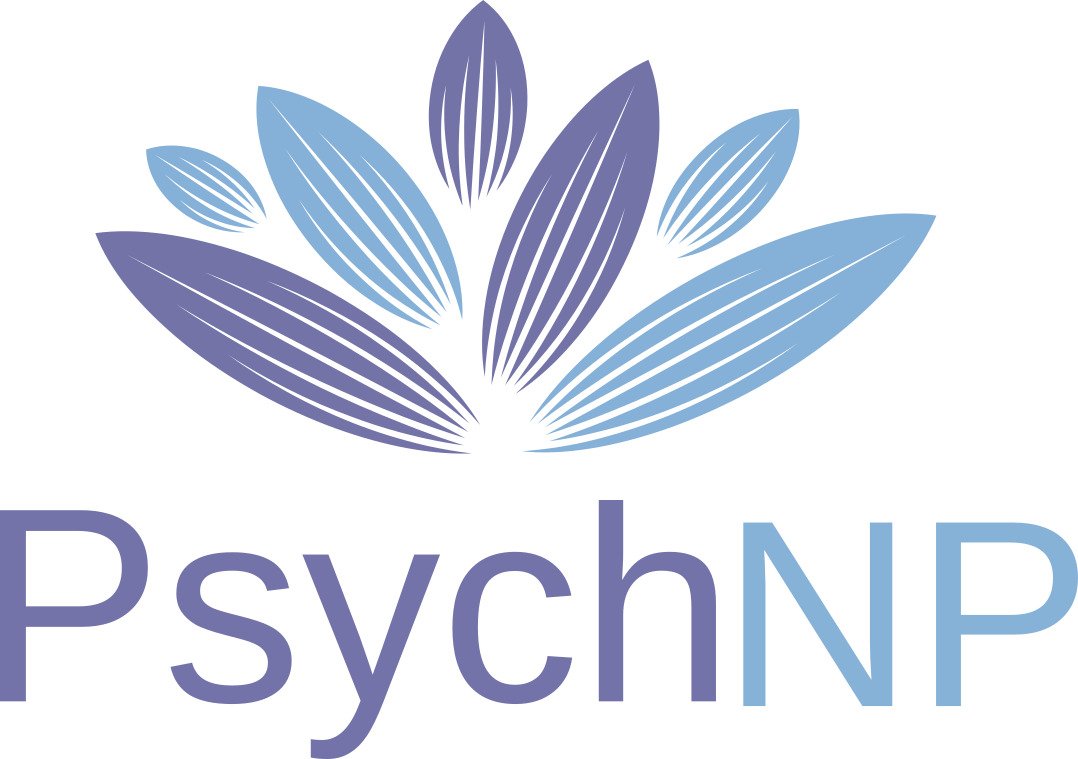The Beginners Guide to Meditation
Meditation is a practice that can help you relax, reduce stress, improve focus, and promote overall well-being. If you're new to meditation, here's a beginner's guide to get you started:
Find a Quiet Space:
Choose a quiet and comfortable place where you won't be disturbed. It could be a corner of your room, a park, or any peaceful environment.
Choose a Comfortable Posture:
You don't need to sit cross-legged on the floor if that's uncomfortable for you. You can sit on a chair with your feet flat on the ground or lie down if you prefer. The key is to maintain a posture that keeps you comfortable and alert.
Set a Time Limit:
Especially as a beginner, it can be helpful to set a specific time limit for your meditation session. Start with 5-10 minutes and gradually increase it as you become more comfortable with the practice.
Focus on Your Breath:
Close your eyes and take a few deep breaths. Then, let your breathing return to its natural rhythm. Pay attention to the sensation of your breath as it enters and leaves your body. You can focus on the rise and fall of your chest or the sensation of the breath at your nostrils.
Observe Your Thoughts:
It's natural for your mind to wander during meditation. When you notice your thoughts drifting, gently bring your attention back to your breath. Don't judge or criticize yourself for having thoughts; it's a normal part of the process.
Use a Mantra (Optional):
Some people find it helpful to use a word or phrase (mantra) to focus their attention. For example, you can silently repeat "peace" or "calm" with each breath.
Body Scan (Optional):
Another technique is a body scan, where you mentally scan your body from head to toe, noticing any tension or discomfort and consciously releasing that tension as you go.
Start with Guided Meditations:
If unsure where to begin, consider using guided meditation apps or recordings. These provide instructions and a structured meditation session to follow along with.
Be Patient and Non-Judgmental:
Meditation is a skill that takes time to develop. Be patient, and don't get discouraged if your mind wanders frequently. The practice is about bringing your attention back to the present moment.
Practice Regularly:
Consistency is key to experiencing the benefits of meditation. Try to meditate daily, even if it's just for a few minutes. Over time, you'll likely notice positive changes in your mental and emotional well-being.
Experiment with Different Types:
There are various forms of meditation, such as mindfulness meditation, loving-kindness meditation, and transcendental meditation. Experiment with different types to find what resonates with you.
Seek Guidance (Optional):
If you're serious about deepening your meditation practice, consider seeking guidance from a meditation teacher or attending meditation classes in your area.
Benefits of Meditation:
Keep in mind that the benefits of meditation may not be immediately apparent. Be open to reduced stress, improved concentration, increased self-awareness, and enhanced overall well-being.
Remember that meditation is a personal journey; there's no one-size-fits-all approach. The most important thing is to start and maintain a consistent practice that works for you and brings you peace and clarity.

